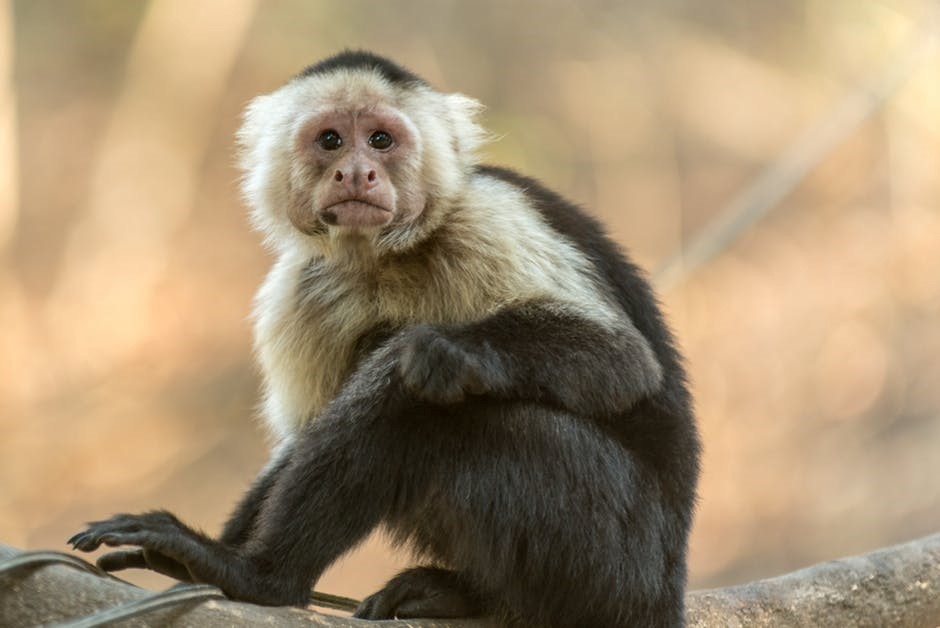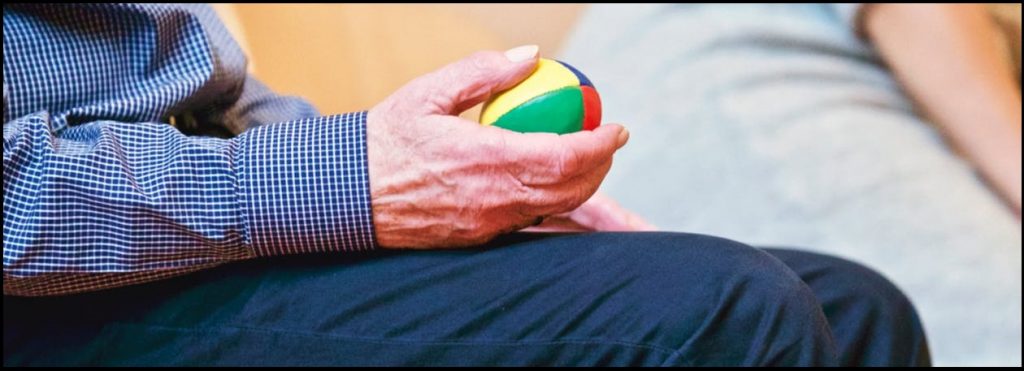What were your main roles and responsibilities during the course of your internship?
Over the course of the four weeks, I carried out lab work, looking into the effects of different enzymes on DNA damage and repair. In addition, I did a lot of tissue culture, an essential skill for any biologist, and learnt how to use a flow cytometer which I used almost daily. I made up batches of media for people to use to grow cells in for their experiments. I helped with other lab procedures that the PhD students were doing, such as western blots and midipreps.
What would you say was your biggest achievement over the course of your internship?
Carrying out independent work in the lab and becoming a lot more confident in my skills.
What benefits did your internship bring to your employer?
I completed a project, looking at the effect of the PARP1 inhibitor, PJ-34, on class switching in CH12 cells, where I got some interesting results that will hopefully be used in the future.
What skills were you able to develop through the internship?
Ability to work under pressure, IT, decision making
What attributes were you able to develop through the internship?
Logical thinking, independence, work ethic










